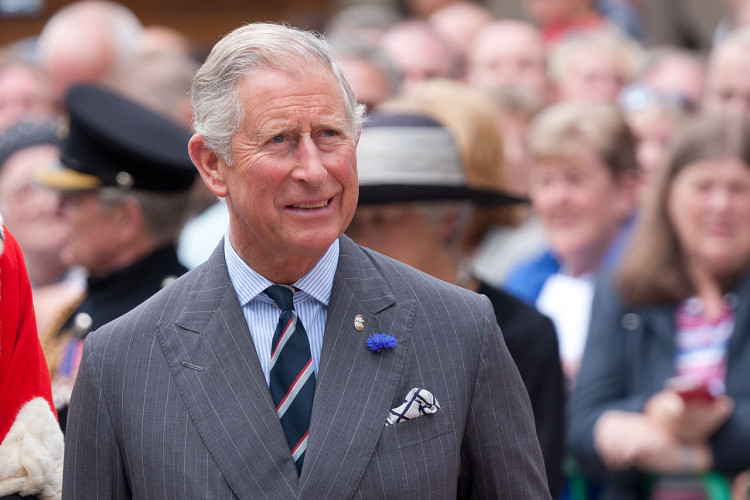The British monarchy, an institution that has stood the test of time, is witnessing a shift in public sentiment as King Charles III grapples with the challenge of connecting with the British public in the same way his mother, Queen Elizabeth II, did. The transition from the reign of the beloved Queen Elizabeth II to that of King Charles III has been marked by stark contrasts in public perception and engagement.
King Charles III's reign, which is just over a year old, has been under scrutiny, with many noting that he has struggled to capture the "majesty" of his office. Royal author Clive Irving commented on this, stating that the monarch has "never been able to connect in the way that his mother connected." This sentiment was echoed by many who felt that King Charles III's coronation did not captivate the public's imagination in the same manner as his mother's did in 1953. Irving further added, "When Charles appears, he doesn't connect. I felt that very strongly at the time of the coronation that he looked almost morose throughout the whole ceremony. It's almost as though he's in danger of disappearing completely from the public consciousness."
However, it's not just about public appearances. The King's decision to tone down the pomp of his crowning and his ongoing efforts to "slim down the monarchy" have reportedly caused the public to lose interest in the Crown. Grant Harrold, the King's former butler, highlighted the changes, noting the stark difference in the balcony appearance at Trooping the Colour compared to Queen Elizabeth's time. Harrold mentioned, "If you look from the Queen's time, it looked like Piccadilly Circus; if you look at it now, it looks like something after Armageddon."
Yet, it's not just about the ceremonies and traditions. The personal lives of the royals have always been under the media spotlight, and King Charles and Queen Camilla are no exception. Their past, especially the turmoil their affair caused the late Diana, Princess of Wales, still lingers in the minds of many Britons. This has led to a section of the public harboring resentment towards the King, particularly over "how he treated Diana, Princess of Wales."
Despite these challenges, it's essential to note that King Charles III has been active in his duties. In the 14 months since he ascended the throne, he has received one incoming state visit to Britain, was crowned in the country's first coronation in 70 years, undertook three outgoing state visits to represent the U.K., and performed several royal duties while championing numerous causes.
Moreover, a recent U.K. poll offers a more balanced view of the monarch's performance. An Ipsos survey found that 71 percent of Britons believe Charles III is performing "as expected" of a reigning British sovereign, with only 5 percent feeling he is "doing worse than expected."
While King Charles III faces challenges in captivating the British public, it's crucial to view his reign in its entirety, considering both the challenges and achievements.






